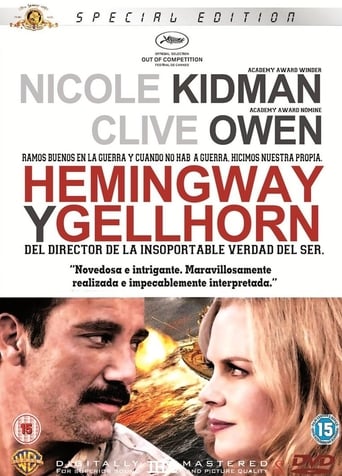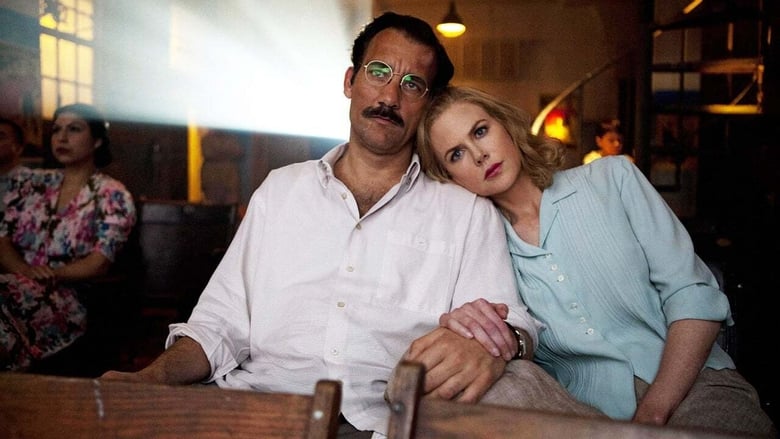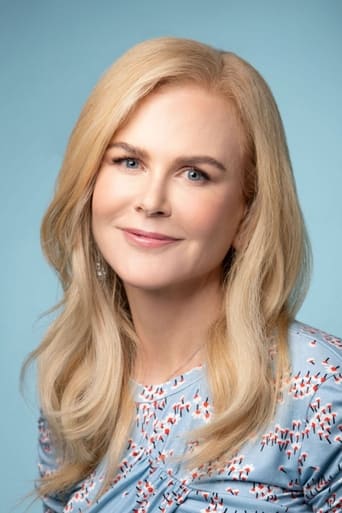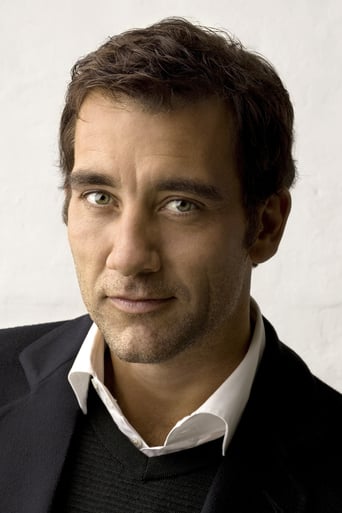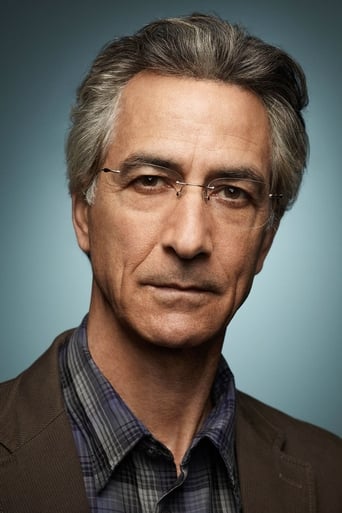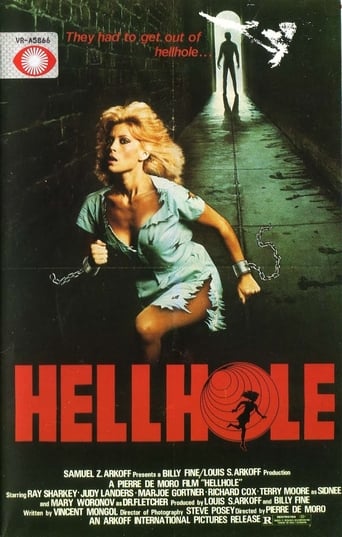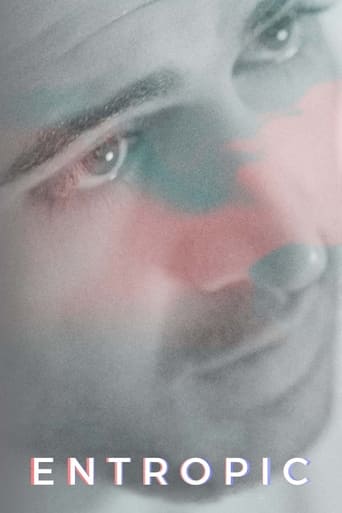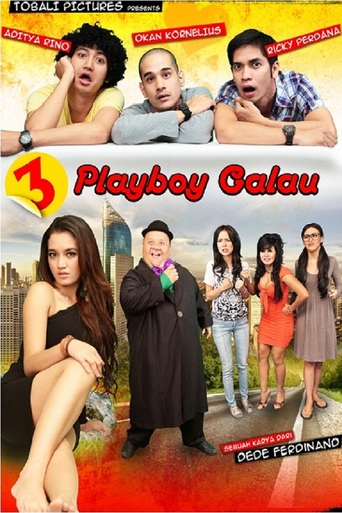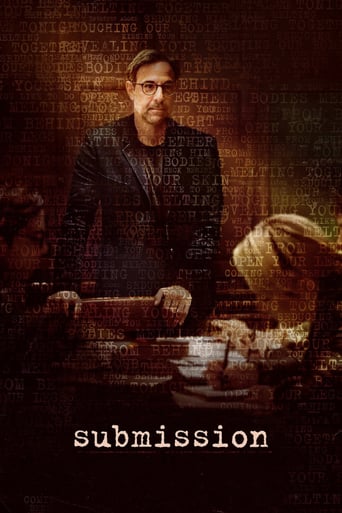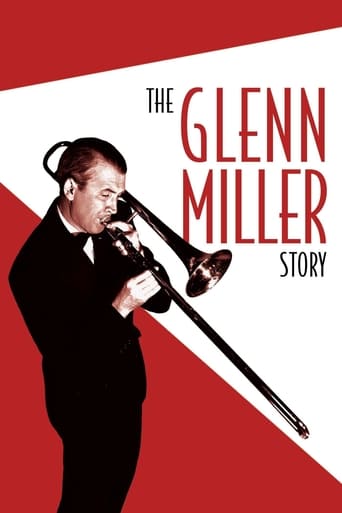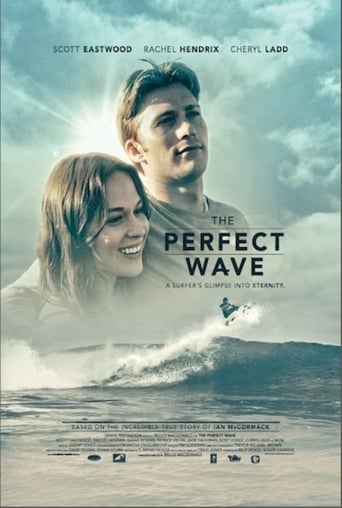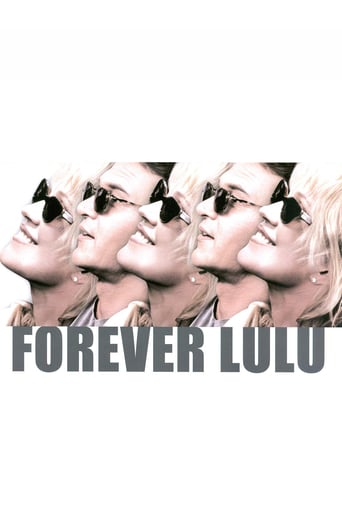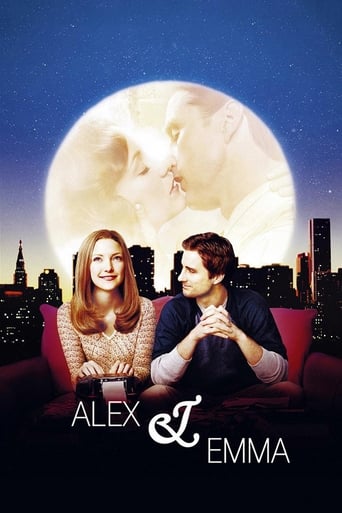Hemingway & Gellhorn (2012)
Writer Ernest Hemingway begins a romance with fellow scribe Martha Gellhorn.
Watch Trailer
Free Trial Channels
Cast


Similar titles
Reviews
This Movie Can Only Be Described With One Word.
From my favorite movies..
Don't listen to the Hype. It's awful
The movie turns out to be a little better than the average. Starting from a romantic formula often seen in the cinema, it ends in the most predictable (and somewhat bland) way.
HBO's 'Gellhorn and Hemingway', a bio picture, is 155 minutes in running time. The story of Martha Gellhorn and Ernest Hemingway might have deserved better treatment as a straightforward documentary than a film made for television and the widescreen. Nicole Kidman is Gellhorn and the talented but underrated Clive Owen is Hemingway. There is no other way to call them since they are strong personalities and unstoppable in the pursuit of fame and fortune, love and war. No, they aren't the Martha and George of Albee's 'Whose Afraid of Virginia Woolf', but they, each in their own way, seem indestructible personalities, immovable objects that in the end proved incompatible. The fires of passion ignite from the moment Gellhorn meets Hemingway in Sloppy Joe's bar in Havana Cuba in the mid-1930s. The crucible of strong and barely controllable emotion flare up in Spain during the Spanish Civil War. Gellhorn proves an apt pupil who learns her craft of writing during war from Hemingway, and she is the inspiration for Maria in his homage to the people of Spain and the International Brigades who fought for the Spanish Republic against the fascist Franco and his Nazi and Italian allies. Were this a simple roll in the hay during the bombing of Madrid, Philip Kaufman's film would be simply another banal love story. It is not. He uses vintage newsreel of the fighting, the street life of Madrid during bombings, the exuberant attach to life in the face of overwhelming odds that the legitimate Republic would prevail against the fascists, with antiquated arms, motley crew of volunteers from Europe, Canada and the US, whose governments imposed an embargo on aid to the democratic government of Spain. Only Soviet Russia offered arms and aid, which complicated the glue that seemed to hold Republic Spain together--democratic, anarchist and communist. In a way, it is a quick study of the people who went to Spain: Joris Ivans who made the sharply strong and powerful 'Spanish Earth' that Hemingway narrated; the photographer Robert Capra, the writer John Dos Passos, whom left a sour taste in Hemingway's mouth. (Dos Passos was less enthusiastic about Hemingway's 'To Have and Have Not', a critique that didn't set lightly on the author's ego.) The interplay of personal rivalry, bravado and love making, more than anything that makes the drama of the first act to World War II vivid and realistic and more or less faithful to the era and the narrative. Biden by the war bug that ultimately will break the marriage of Gellhorn and Hemingway, Kidman as 'Marty' rushes off to cover that small war of Finland's resistance to Russian invasion 1939, in a land grab following the signing of the German-Soviet Nonaggression Pact. Gellhorn at the Finnish front tested the couple's union: Hemingway wanted a woman at home to care for his every whim. Gellhorn, as the daughter of a suffragette, was not cut out for that stay at home role. With an assignment to go to China, Gellhorn takes Hemingway along. He seems less enthralled but goes along; his wife is the star even though his reputation precedes him. In brief scenes, Kaufman manages to recreate the squalor and horror of the Japanese war against China; he even manages to convey the brute strength of Chinese coolies during the difficult and tiring journey on the Yangtze, as though it had come out of John Hersey's 'A Single Pebble'. The HBO film had its lighter but macabre moment when the couple meet Chiang Kai Shek and his wife the American-educated Soong Mai Ling, Mme. Chiang. Nonetheless, it was the coverage of the opening of the second front in the Europe theater of war that broke the marriage, Collier's Magazine regularly employed Gellhorn as a war correspondent, but the lure of Hemingway's name made the magazine appoint him as correspondent for the landing of Allied troops in France. Gellhorn felt betrayed and cleverly devised a way to stow away on a troop ship of nurses, and thus became the first correspondent to go ashore with the troops on D Day. Meanwhile Hemingway found his fourth wife Mary and ended up wounded in the hospital after a night of heavy drinking in a car accident. And here ends the saga of Gellhorn and Hemingway as Kaufman ties up loose ends: Hemingway's suicide and 30 years later with David Frost interviewing Gellhorn, who has not lost her spunk and hard edge as she prepares on the cusp of 90 to cover yet another war. The film does show the fear of loss of manlihood and his loss of sexual and mental prowess. The narrative is told from Kidman's point of view, which is more faithful to the record. Owen gives a good portrait of Hemingway's lust for life and vanity and his unstoppable genius at writing until it is hinted he descended into dementia.
Great actors, a director of awesome achievements and a total dud of a movie, a confused depiction of a confused man, and Gellhorn was no better drawn. The integration of the characters into newsreel footage, like "Zelig", was terrific. But the script just skimmed the surface, and Clive Owen looked nothing like Hemingway. In fact, when he had a cigar in his mouth, I could think of no one else but Groucho Marx, and that pretty much did it for me. It was smart to limit the action to the Spanish civil war and keep the story contained, but there's so much more to learn about Hemingway (though his battle with impotence was clearly described). If you didn't know more about Hemingway than what you saw in this movie, you'd go "Huhh?" about the ending, which added nothing to the arc of the story.
The production values on this TV movie are impeccable; expensively mounted sets, well-crafted costumes, and a clever use of technology that integrates the modern-day actors into archive film. This latter technique is especially good when it comes to showing Hemingway (Clive Owen) and Gellhorn (Nicole Kidman) and their involvement in the Spanish Civil War, and on their return to late Thirties New York. The main problem with Philip Kaufman's film, however, is the plot, which does not have much to say about the two protagonists, other than the fact that Hemingway's capacity to love women was often severely affected by his obsessive masculinity. The desire to prove himself triumphed over everything; it invaded every aspect of life, rendering him quite an unpleasant, if successful person. Gellhorn comes across as a feisty person, but we wonder precisely why she remains so attracted to Hemingway. Partly the fault lies in Clive Owen's performance; at no point does he come across as someone blessed with extraordinary creative talents. On the contrary he seems petty-minded, almost babyish. Nicole Kidman does what she can with a thankless role, but her performance remains studiously one-note. The film is at least an hour too long; it simply makes its central point about Hemingway's behavioral shortcomings over and over again. Definitely one to watch only once.
I'm surprised at the many negative comments posted here. I thought this was a superbly done film in all respects. It captures the essence of the Spanish civil war and the feel and mood of the thirties. The recreation of Frank Capra's famous (and controversial) photo was brilliant as was that of another famous photo: the abandoned child in the ruins of Nanking. The fades from black and white to colour were a neat technique that capitalizes on our memories of both the Spanish and Chinese conflicts which of necessity are based on black and white newsreels. And although it's been done before, inserting the movie's characters into actual footage of FDR and other historical figures was brilliant. The one negative --- otherwise I would have given it a 9 or even a ten --- ware the needlessly long, overly explicit and laughably acrobatic sex scenes. They cheapen an otherwise very well done film!

